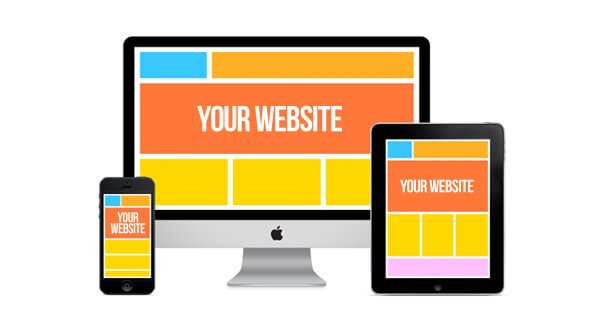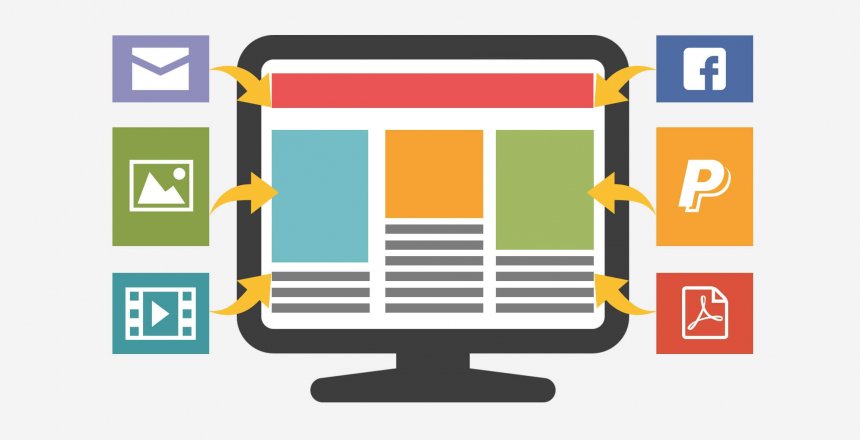Here are some common myths associated with websites:
1. My site will sell itself - I don't need to advertise
Having a website is like having an advert. If you design an advert on your computer, but then don’t use the advert, then it won’t benefit you.
Websites are used in business as a marketing and a sales tool, but you need to send traffic to your website in order to make it useful. Consider sticking your website address on your business cards, linking it to social media and on your literature. Also consider getting it sign written to your commercial vehicles if you have any.
2. I don't need a domain name
A domain name sets you apart from your competition. If you have a catchy name that people can remember, a catchy domain name will be equally remembered.
Having your name tacked onto to someone else’s makes it hard to remember and also looks unprofessional.
Compare these two examples: https://www.somedomain.com/mywebsite vs https://mywebsite.com
Additionally, having an email address that reflects your domain is easier to remember: my************@*ol.com is hard to remember, but **@*******te.com is easy.
Most email providers offer a catch-all facility, so that fr**@*******te.com will still go to **@*******te.com if your name was Fred.
3. I bought a domain name
Domain names are a subscription item, you pay for the domain for a number of years, but if you don’t renew it, someone else can take it.
There are a number of component steps to having a domain name:
- When you register a domain, you need a company to provide domain name services. Domain name services (often referred to as DNS) link your domain name to your website hosting and email hosting accounts.
- You need an account with a web hosting company to host your website.
- You need an email account that can handle your domain name emails.
Just like the domain name, hosting and email services are also subscription based. You have to pay a provider to offer you those services. In some cases, a provider can offer 2 or even all of these services, but you don’t have to use all of their services either, it pays to shop around for the best deals.
Make sure your email provider uses at least IMAP support, as you will probably want to access your emails on all your devices.
4. I don't need a secure website
Up until a few years ago, that was true. However, Google has implied that websites that are not secure are dangerous, and search results will not show your website. Additionally, you will find your web browser won’t let you visit your website, labelling the site as insecure without a secure certificate.
There are free certificate authorities out there, but consider buying one if you plan to sell products online as it adds peace of mind for visitors and shoppers alike.

5. I don't need a mobile friendly website
You need what is called a responsive site, this is a design that means the site works on a mobile device, tablet and laptop/desktop. It doesn’t have to be exactly the same on all devices, but it has to be usable.
6. Static content will be good enough
Like with anything in life, the more you put into something, the bigger benefits you gain from it.
Just having a website with static content about what you do won’t catch people’s eye.
Consider writing a blog or recording a vlog (video blog) that journeys what your business is doing. If you are a painter, show off the last job you did, perhaps with before and after shots, or the latest brush technology available to buy. It keeps customers interested in what you do. Not everyone uses social media, so they could be visiting your website and reading your tips which may win them over to using your services.

